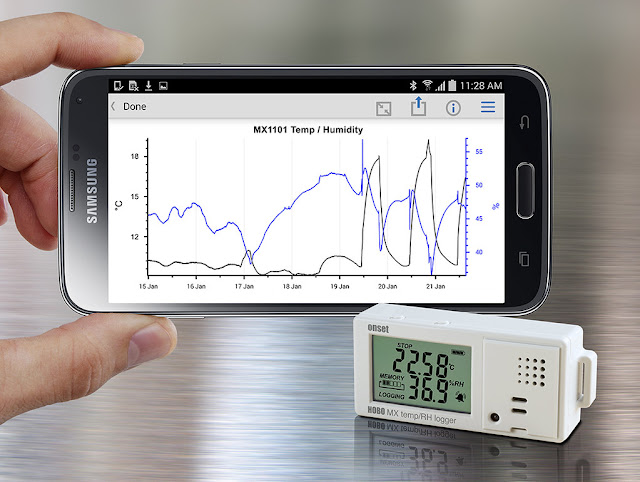Choosing The Right Torque Sensor For Your Project Needs
Ever found yourself deep in a project, scratching your head and wondering if you picked the right tool for the job? Yep, we’ve all been there. Selecting a torque sensor can feel like finding a needle in a haystack. But don't sweat it! Let's uncover the secrets of choosing the perfect torque sensor for your project needs. Understanding Your Project Requirements Before diving into the ocean of options, take a moment to reflect on what your project truly requires. Are you dealing with high-precision measurements or just need a general sense of torque? Understanding your project's specific needs is the first step toward making an informed decision. 1. The Nature of Your Application Think about where and how you’ll be using the torque sensor. Different environments and applications demand different types of sensors. Industrial Applications: If you’re working in an industrial setting, durability and robustness are key. Look for sensors that can withstan...

